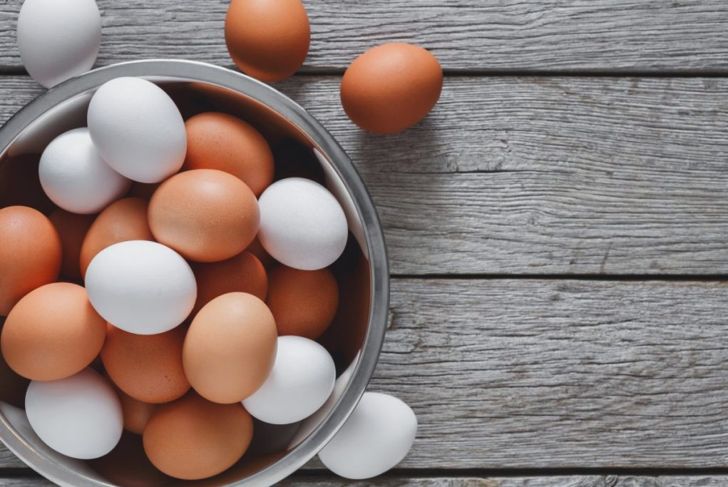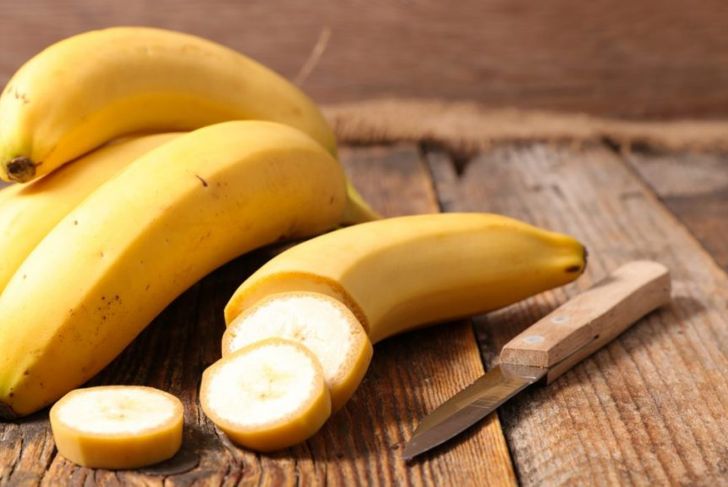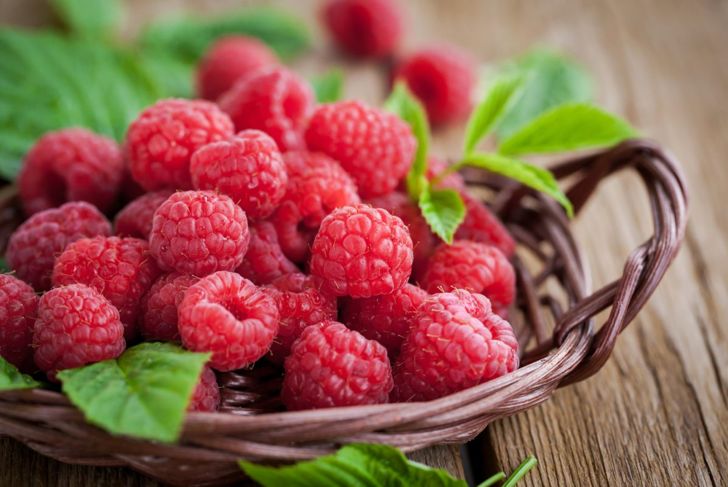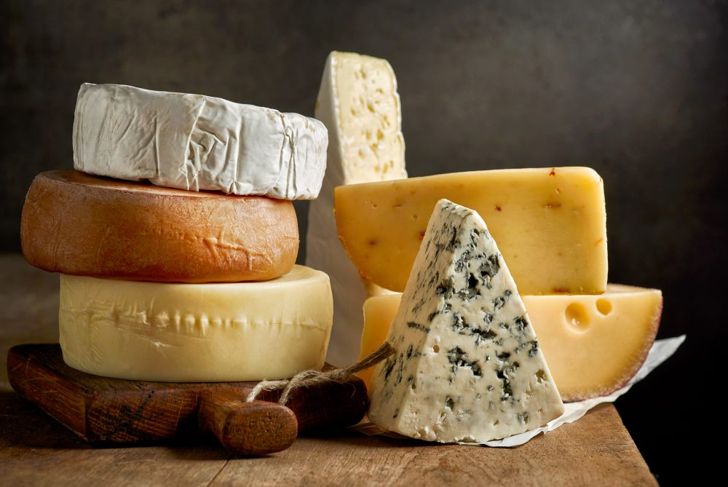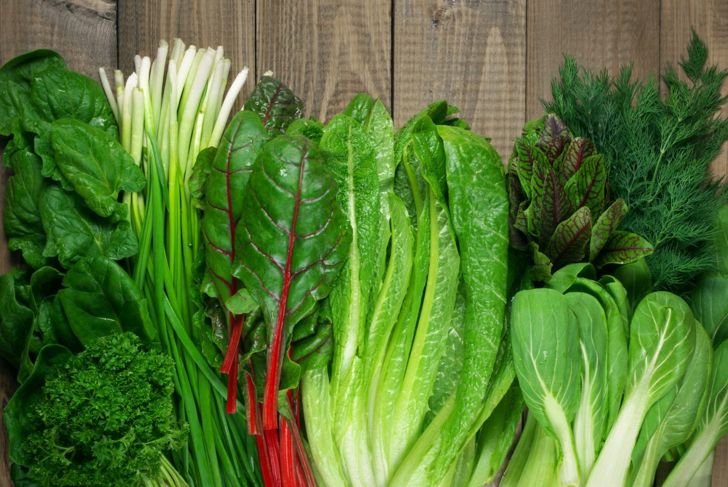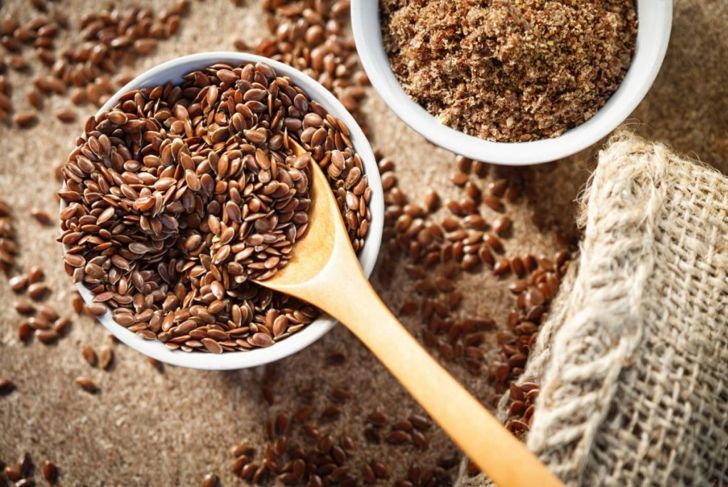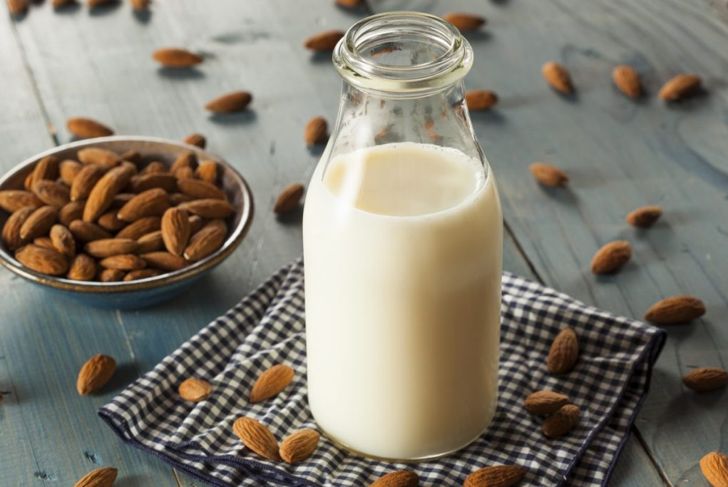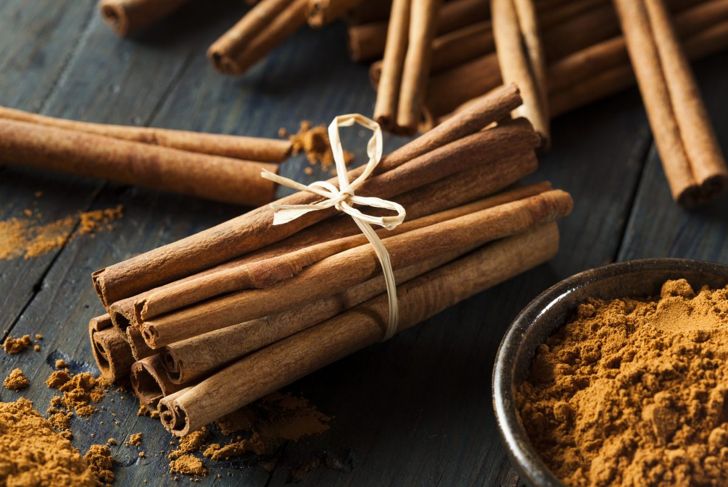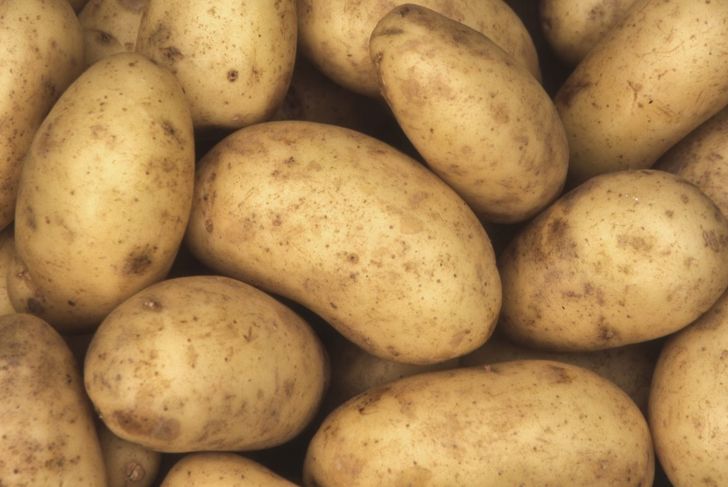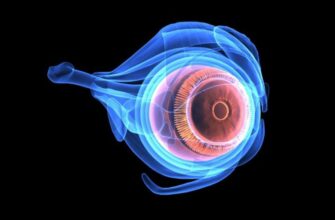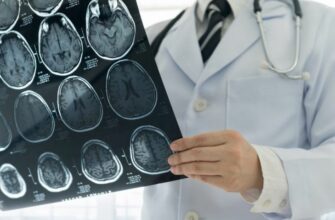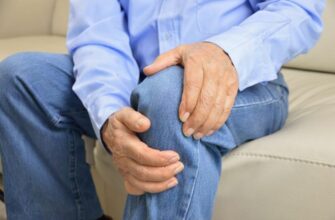After 50, many people begin to notice more signs of aging. Fatigue, muscle weakness, and weight gain are harder to prevent, and poor eating habits can exacerbate these issues. It becomes harder for the body to absorb nutrients, which can lead to deficiencies. Reaching for the right foods can help people enjoy their later adult years and feel their best.
Foods Rich in B12
After 50, the stomach loses acidity, making it tricky to get enough vitamin B12, which studies show is essential in maintaining healthy nervous and metabolic processes. Foods with vitamin B12 include meat, eggs, dairy, and seafood. However, many whole-grain bowls of cereal are B12-fortified and excellent alternatives.
Bananas
Its well-known people over 50 have a greater chance of heart disease or stroke. One way to lower the risk is to eat foods with potassium, like bananas. Potassium plays a crucial role in lowering blood pressure, which is essential to keep the heart healthy. Though bananas may not be enough to get the recommended 4,700 milligrams of potassium per day, other foods rich in this mineral include potatoes, avocado, and pistachios.
Fiber
Once we reach 50, gastrointestinal functioning begins to slow, so eating enough fiber is crucial to keep things moving. Fiber also decreases inflammation and may help lower cholesterol. Older men and women should try to eat about 25 to 30 grams of fiber per day; some of the best sources are raspberries, lentils, green peas, and whole wheat pasta.
Water
It’s common for people to be dehydrated as they age because, after 50, our thirst declines. Water is essential because it optimizes metabolic functions. Women over the age of 50 should drink at least nine cups of water per day, while men need 13. People who are more active or those who live in hotter places may need even more.
Foods Rich in Calcium
Calcium not only builds strong bones and teeth, but it is crucial for the heart, muscles, and nervous system. Ideally, a person should consume 1,200 milligrams daily, which can be tricky in some circumstances. Vitamin D helps the body absorb calcium, but it’s tricky to get enough from food. Because of this, many people choose to take a supplement. Foods with plenty of calcium include cheese and milk.
Leafy Greens
Leafy greens are always healthy, but they’re extra beneficial for people over 50. Eye problems are common as we age, so it’s crucial to get enough lutein, beta carotene, and vitamin A. These nutrients can help improve vision and keep your muscles strong and healthy. Most people over 50 don’t get enough in their diets and could benefit from eating more green leafy veggies.
Flaxseed
Flax is especially crucial for aging people because it promotes heart health. Flaxseed contains essential omega-3 fatty acids, along with antioxidants from lignans that protect the body’s cells from free radicals caused by tobacco smoke and radiation. The best way to consume flaxseed is by adding it to foods we already eat, like oatmeal, yogurt, or smoothies.
Unsweetened Almond Milk
Almond milk is particularly important for people with lactose intolerance or on plant-based diets because it’s an excellent alternative to dairy. Almond milk often has supplemental vitamin D and calcium, which are both important for people over 50 years old to maintain healthy bones and teeth. Unsweetened milk has less sugar, making it a healthier choice overall.
Cinnamon
Cinnamon has many health benefits, thanks to its antioxidants and anti-inflammatory properties. Studies show it can even help combat type 2 diabetes and improve insulin sensitivity. To benefit from cinnamon, use it instead of sweeteners like sugar or salt.
Potatoes
Potatoes have lots of potassium, which helps to keep electrolytes in balance. Red, white, and sweet potatoes all have plenty of nutrients and provide healthy amounts of vitamins C and A. Topping potatoes with cheese is a great way to eat two beneficial foods in one meal, but people over 50 should be conscious of adding unnecessary calories to meals, as well.

 Home
Home Health
Health Diet & Nutrition
Diet & Nutrition Living Well
Living Well More
More